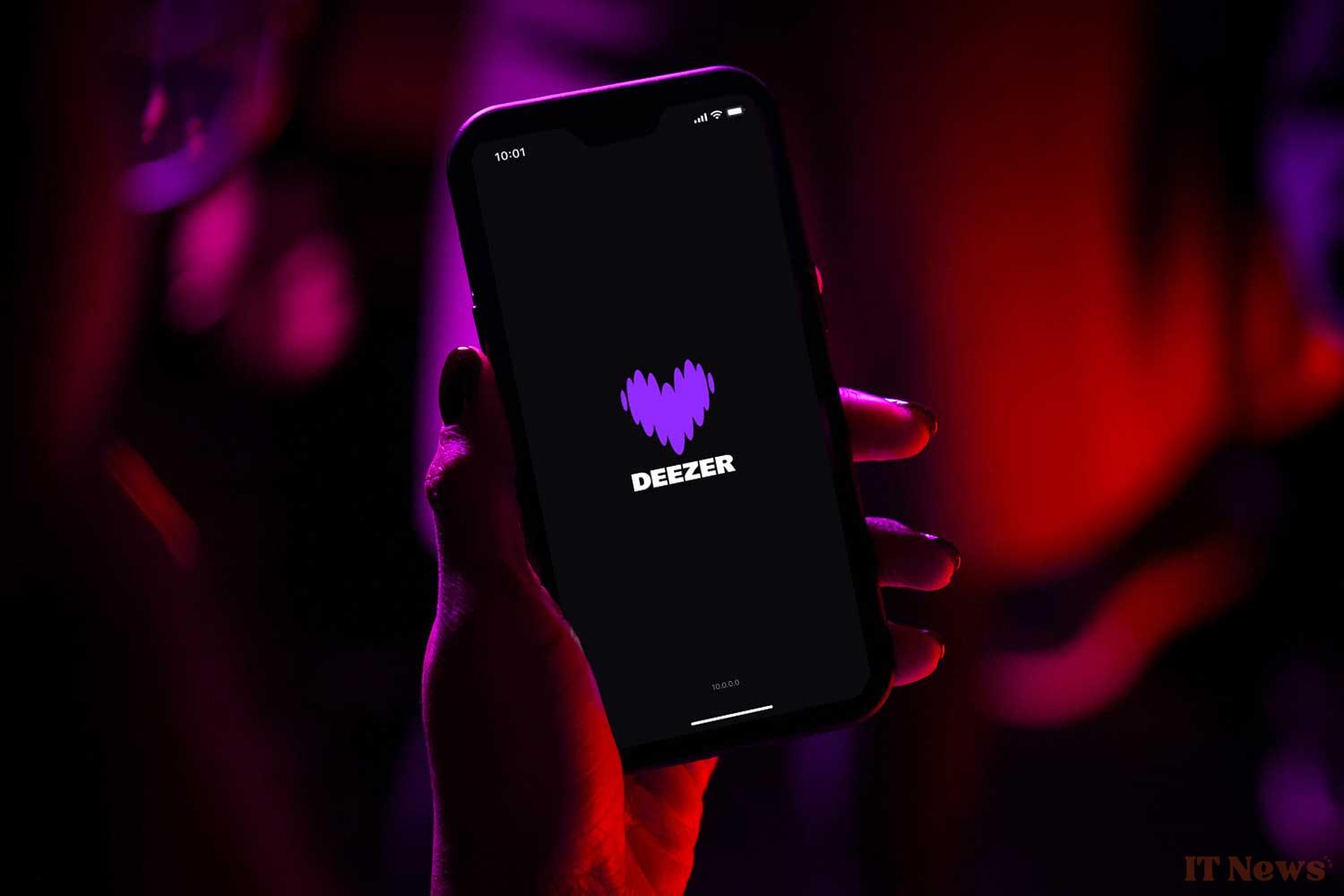The music industry is also witnessing the surge of artificial intelligence and is trying to limit its excesses. A major player in music streaming, Deezer reveals that more than 20,000 tracks entirely generated by AI are now available on the platform every day. This figure represents 18% of new music tracks added daily, a notable increase compared to the 10% recorded earlier this year.
“It’s exponential,” Deezer CEO Alexis Lanternier told Ouest-France. “In two months, this figure has almost doubled, and there’s no reason for it to stop, as the tools are so easy to use. It’s going to continue!” Indeed, this increase coincides with Deezer's deployment of a detection tool specifically to identify this content.
Generative AI, a creative revolution or a threat to artists?
Deezer's Chief Innovation Officer, Aurélien Hérault, confirms that "AI-generated content continues to flow onto streaming platforms such as Deezer" and that there is no "sign of slowing down". A situation that rekindles the debate on the contribution of artificial intelligence in the field of music. At Deezer, the duality of the technology is emphasized: "Generative AI has the potential to positively impact music creation and consumption, but we need to approach this development with responsibility and care in order to protect the rights and revenues of artists and composers, while maintaining a certain transparency with fans."
Faced with this challenge, Deezer highlights its detection tool, presented as a benchmark in the industry. It is capable, according to the company, of identifying 100% of music from the most well-known AI generators like Suno or Udio and can be adapted to identify other patterns if sample data is available. The platform is also working on making its system capable of detecting AI content even without prior training.
Capable, according to the company, of detecting 100% of music from the most well-known AI generators like Suno or Udio, this tool can be adapted to identify other models if sample data is available. Deezer is also working on making its system capable of detecting AI content even without prior training on a specific model. "Thanks to our innovative tool, we already completely remove all AI-generated content from algorithmic recommendations," assures Aurélien Hérault.
Deezer proposes "legislating so that platforms pay artists and not these noises"
This situation emerges in a global context of tensions surrounding the use of copyright-protected material to train artificial intelligence, and while some governments are considering adapting legislation to promote the development of AI. For its part, Deezer insists on its commitment to human creators, recalling that it is the only streaming platform to have signed the "AI training statement." The platform, via Alexis Lanternier, is pleased not to see "an explosion in the consumption of tracks produced by AI." "Listeners are looking for real artists, embodied music, and that's a good thing. However, it's a very good tool for fraudsters, who create lots of songs to generate listens and collect royalties. This is where we should probably consider legislation so that platforms pay artists and not these noises."



0 Comments